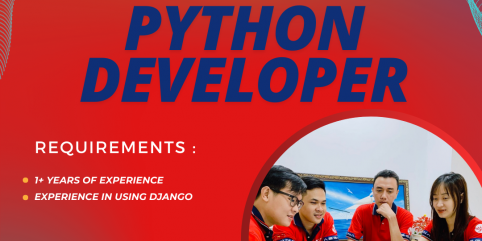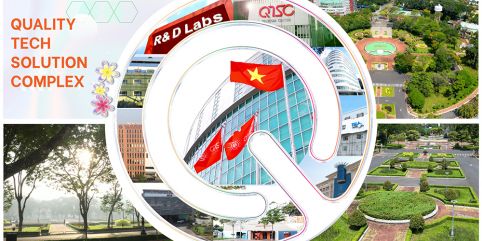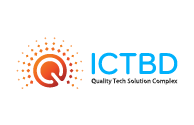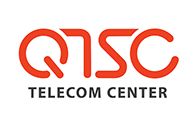Part 1: First steps (2001 – 2010)
QTSC has cemented its position not only locally but also in the continent. As a leader of the firm has described, QTSC has become a “geographical appellation” of Vietnam’s information technology sector. All journeys begin with the first steps and QTSC’s first steps – the first ten years of establishment and development – were full of difficulties.
All for QTSC
More than two decades ago, the HCM City Computer Association (HCA) proposed then Secretary of the municipal Party Committee Truong Tan Sang choose the Quang Trung fair and exhibition area as the site to develop a software park, which would be a foundation to develop the software industry in HCM City and the country as a whole. HCA’s proposal was aimed at restructuring the city’s economy in order to develop industries and services with high added values, of which information technology (IT) was one of the four key economic sectors.
On July 7, 2000, the then HCM City chairman issued Decision No. 4421/QD-UB-CN, approving the conversion of the Quang Trung fair and exhibition area to develop QTSC.




A few images on the first challenging days at QTSC
On March 16, 2001, QTSC was officially put into operation with 30 small and micro enterprises including 250 people studying and working there. The determination of leaders of the HCM City Party Committee and the municipal government helped put QTSC into operation quickly. At the time, QTSC was considered a national key project, so all obstacles facing it were removed quickly.
The municipal government held weekly meetings on Fridays to discuss issues facing the QTSC project. Decisions were made at the meetings and deployed immediately, according to a person closely involved in the development of QTSC in the initial stage.
During its first years of operation, QTSC continued receiving incentives and support from the municipal government to promptly overcome difficulties. The HCM City People’s Committee established a steering committee for the development of QTSC led by Nguyen Thien Nhan, vice chairman of the municipal government at the time. The steering committee also included many leaders of the relevant departments and agencies. Professor Dr. Dao Van Luong, Former Director of the HCM City Department of Science, Technology and Environment and Former Deputy Head of the steering committee for the development of QTSC, said, “We worked really hard, even consulted together on Sundays to promptly handle issues. Mr. Nhan made drastic directions. He used to encourage everyone with an anecdote that at the end of the 18th century, Emperor Quang Trung led his army to Thang Long at a warp speed and defeated Qing invaders to liberate the country. We must work with that spirit to develop a software park named after Emperor Quang Trung.”
The HCM City government issued a directive on the fulfillment of key tasks to develop QTSC, including developing infrastructure, production, training and welfare service facilities, as well as a telecom system with the Internet connection; and coming up with solutions to prevent traffic congestion.
Especially, the city issued many policies and incentives to support software enterprises. One of them was the Internet fee subsidy for enterprises operating in QTSC, reducing the monthly Internet fee to US$300 per 64 kilobits per second, equivalent to the fee in other countries in the region at the time. The decision helped QTSC become stunningly attractive to domestic and foreign enterprises.
Gradually overcoming difficulties
In the initial stage, international consulting firms designed QTSC based on the software city model in the United States’ Silicon Valley and India’s Bangalore. However, in the first period, QTSC encountered multiple obstacles, such as poor infrastructure, an inconvenient location as it was far from the city’s center, and a shortage of facilities for convenient services, including supermarkets, trade centers, healthcare centers and amusement parks.
Especially, in the early 2000s, there was a lack of practical experiences and a legal framework, while the city’s policies to attract investment in QTSC remained ineffective. Therefore, in the first five years, QTSC was home to small and micro firms only. However, the number of enterprises increased sharply later, from 30 firms with 250 employees in 2001 to 68 firms with 3,400 laborers in 2005. In 2010, QTSC had 101 enterprises, including 47 local companies and 54 foreign-invested firms. Vietnamese experts abroad contributed significantly to the attraction of foreign firms to QTSC. Through periodic meetings that overseas Vietnamese people held in the 2001-2003 period, the city launched many programs to introduce QTSC and attract investment from Vietnamese intellectuals abroad. This was an important force to support the development of QTSC by introducing the software city and connecting enterprises operating in the software city with foreign partners.
In the first 10 years, QTSC made pioneering steps to make its hallmarks. In May 2005, QTSC coordinated with international organizations to research an incubator for software enterprises, a completely new model in Vietnam at the time. The establishment of the Quang Trung Software Business Incubation Center (SBI) created an environment/wastewater with professional infrastructure and services as well as high-skilled managers. SBI was also the first business incubator in Vietnam.
In March 2009, QTSC became the first unit in the country to provide online public services for HCM City’s e-Government as required by the municipal Department of Information and Communications. The model was later adopted by many ministries, agencies and localities.
At the time, after eight years of establishment and development, QTSC was recognized as the first centralized IT zone of the country by the Ministry of Information and Communications. The landmark proved that the Government recognized the effectiveness of QTSC and the software city proved its role and leading position in the IT sector in Vietnam and Southeast Asia.
In the first decade with many difficulties and challenges, QTSC made its basic steps and created values for the city. Although its business performance and contribution to the city’s budget were not as high as expected, QTSC, with its ceaseless efforts, has gradually cemented its position and become a bright spot of the whole country in investment attraction, supporting the development of the software sector in Vietnam.
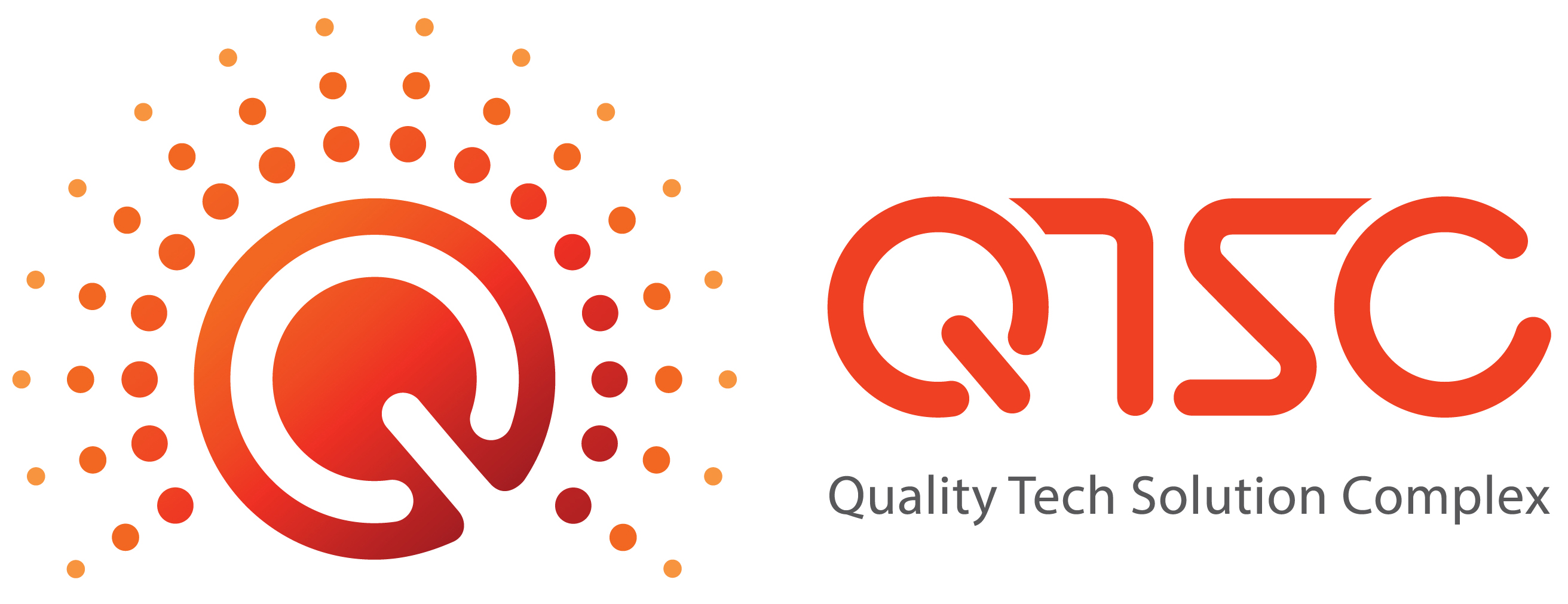




 Tiếng Việt
Tiếng Việt




